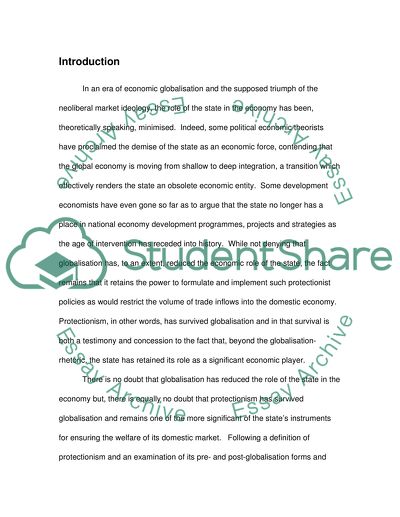Cite this document
(Paper on International Economics Coursework Example | Topics and Well Written Essays - 1750 words, n.d.)
Paper on International Economics Coursework Example | Topics and Well Written Essays - 1750 words. https://studentshare.org/macro-microeconomics/1502283-paper-on-international-economics
Paper on International Economics Coursework Example | Topics and Well Written Essays - 1750 words. https://studentshare.org/macro-microeconomics/1502283-paper-on-international-economics
(Paper on International Economics Coursework Example | Topics and Well Written Essays - 1750 Words)
Paper on International Economics Coursework Example | Topics and Well Written Essays - 1750 Words. https://studentshare.org/macro-microeconomics/1502283-paper-on-international-economics.
Paper on International Economics Coursework Example | Topics and Well Written Essays - 1750 Words. https://studentshare.org/macro-microeconomics/1502283-paper-on-international-economics.
“Paper on International Economics Coursework Example | Topics and Well Written Essays - 1750 Words”. https://studentshare.org/macro-microeconomics/1502283-paper-on-international-economics.


